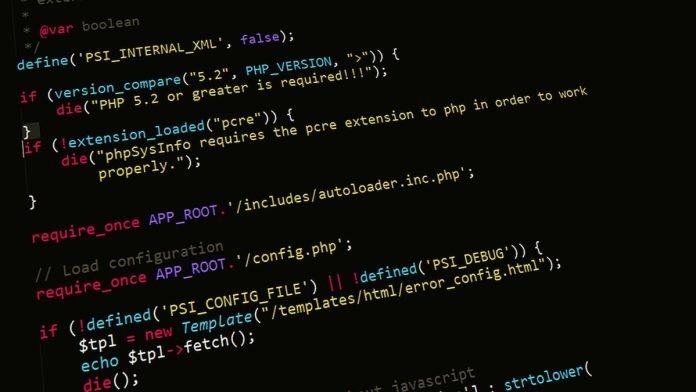Last Updated on November 2, 2022 by
Every business uses software to manage their business process, and conduct communication with customers, employees, and vendors. In most cases, software products require activating licenses or agreeing to the terms and conditions before you can download, install and access it.
There are numerous types of software licenses, with different support agreements, licenses, costs, and restrictions. As a user looking to create your own software or modify existing software, a software licensing attorney can help provide a full understanding of the responsibilities and compliance with the legal terms and limitations.
Table of Contents
What is a Software License?
A software license is a contract between the entity that supplied and created the software, the underlying code, and its end user. The license is a text document designed to protect the intellectual property of the software developer and to limit any claims against them that may arise from its use.
A software license also provides a legally binding definition for the distribution and use of the software. End user rights like warranties, installation, and liabilities, are also often spelled out in the software license, including protection of the developer’s intellectual property.
Why Software Licensing is Important
All software must be legally licensed. Installing and using it without a license is considered a breach of copyright law. Being informed on the basics of software licensing is essential because you do not want to unnecessarily pay for licenses that you’re not using. Also, software licensing agreements can make managing the business easier. It is therefore important to find the right one.
Software license agreements safeguard the intellectual property ensuring that the software developer makes a profit from their hard work. Having a software licensing agreement also prevents clients from abusing the software. Without a signed licensing agreement, the user can copy the software and repurpose it for their benefit.
A software licensing agreement also gives you the chance to disclaim warranties. Incorporating a disclaimer of warranties on the agreement ensures that the client can accept the software as-is, therefore safeguarding you from any risk.
A software licensing agreement allows you to license the software without selling it. You can allow your clients to pay for a license while maintaining all the rights to the software. This enables you to license it out with restrictions placed on how it is used. It gives you more control over how the software is used and distributed. It also limits your ability thus protecting your company against lawsuits. It also enables you to freely revoke licenses. Having such a section in the agreements accords you with the freedom to suspend or revoke licenses at any given time.
How Software Licensing Works
As a software license holder, you retain complete ownership of the software and control its use. It also allows you to determine the terms of distribution, and choose the types of organizations and businesses that use the software. As mentioned above a software licensing agreement is a legally binding contract between end users and software developers. These contracts are enforced as long as they are mutually agreed upon and clear at the time of payment or when the user begins using the software.
What are the Different Types of Software Licenses?
Most software falls under one of two categories that have distinct differences in how they are viewed under copyright law. Free and open-source software (FOSS)-referred to as “open source” and Proprietary also referred to as “closed source”
FOSS software licenses
This license gives you the right that includes reuse and modification of the software code, providing the actual source code with the software products. This type of licensing affords you the user authority to modify the software functions and the freedom to inspect the software code.
Proprietary Software Licenses
This license provides no such authority for code modification or reuse and normally provides software with operational code only and no source code. A proprietary software license normally includes terms that prohibit reverse engineering of the object code intending to obtain source code by the licensee.
In both cases, the software license will most often specify limitation of liability from the use of the software product, any mutual responsibilities like warranties, and any support or disclaimer of warranty.
Where software is not covered by any license, it is normally categorized as private unlicensed software which involves business applications that still fall under copyright protection, and public domain software which is freely available for use and not copyright protected.
Proprietary and open source may also specify additional restrictions in terms of any authorization for selling, copying, or distributing the software, transfer of ownership to the buyer or the retention of ownership by the seller, and definition of whether the license constitutes leasing or purchase of the software.
Final Thoughts
Software licenses define the complete agreement between the licensee and the licensor. Its goal is to clarify the relationship from both a technical and legal viewpoint. A qualified software licensing attorney can help you eliminate any kind of surprises and guesswork regarding responsibilities while the agreement is in effect.
Apart from that if you want to know about NEMT Software: Do You Need It? then please visit our Business page




















